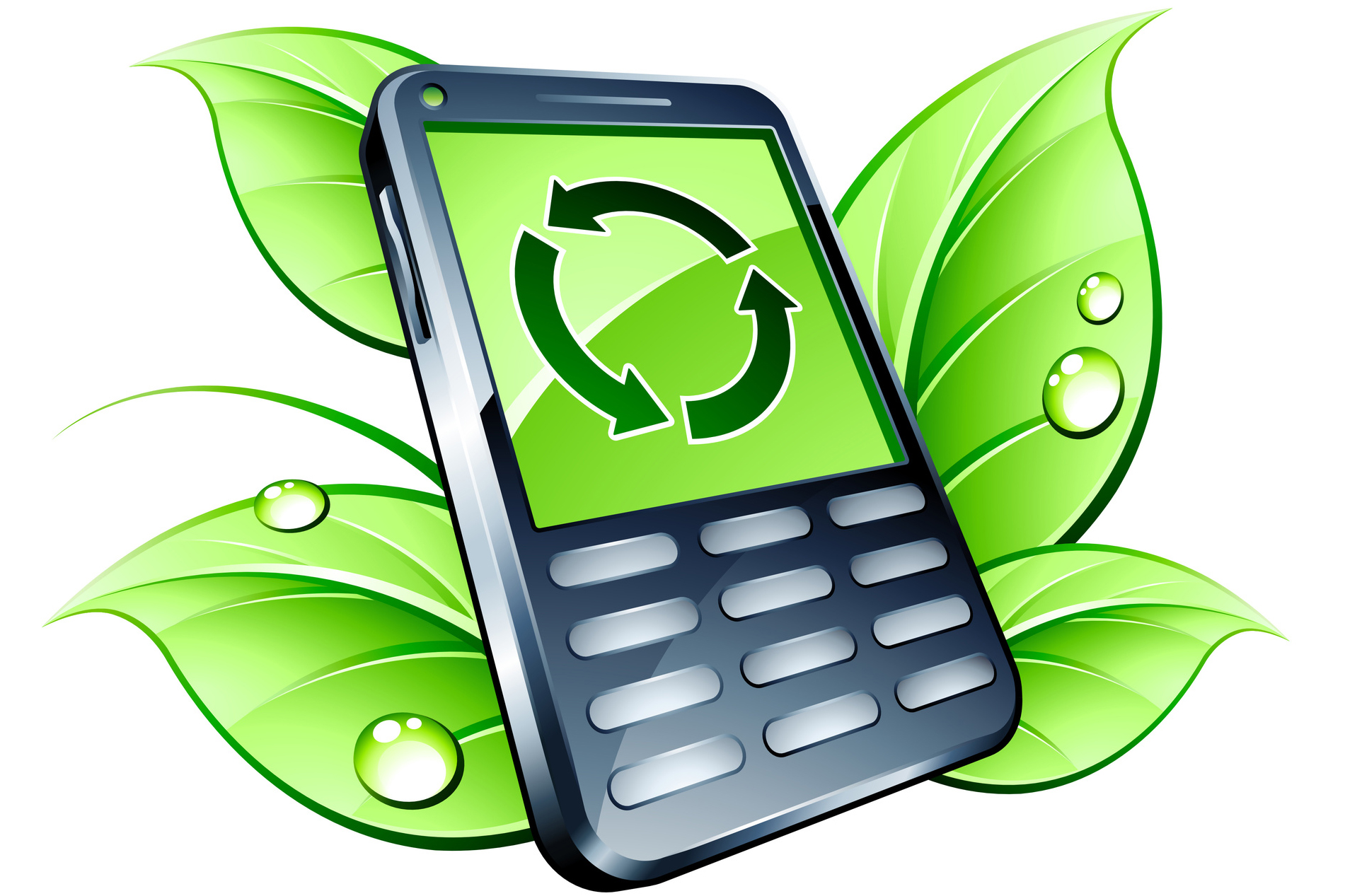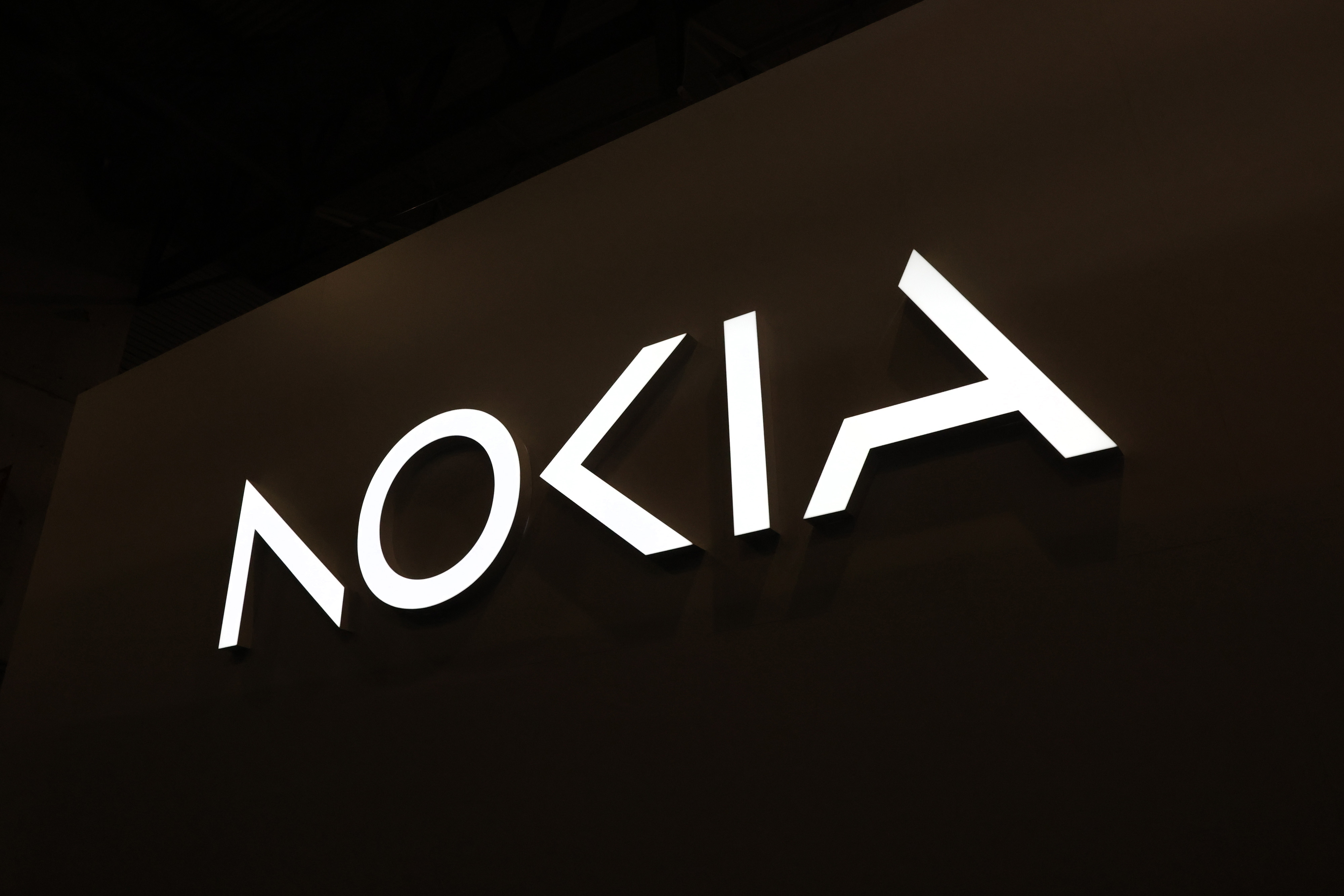Can the mobile industry go green?
The mobile phone industry seems to be lagging behind the rest of the tech world in going green. What does it need to do to catch up?


Sign up today and you will receive a free copy of our Future Focus 2025 report - the leading guidance on AI, cybersecurity and other IT challenges as per 700+ senior executives
You are now subscribed
Your newsletter sign-up was successful
Green technology is being embraced more and more within the tech industry.
Big players such as Dell, HP and Intel are all citing it as a driver for their new products, be it lower power consumption on a server or the materials that build it.
Businesses buying the hardware are also taking up the green gauntlet, seeing it as a badge of honour to draw an environmentally-conscious customer base, as well as a way to help cut costs.
Greening the mobile world
But what of the mobile phone industry? The handset is a piece of hardware we all use on a daily - or more likely, hourly - basis, but how green is this industry and what does it need to fix to become so?
Some steps have been taken. Manufacturers are starting to market phones as eco-friendly, suggesting there's a place on the shelves and consumer pockets for such devices.
As more and more old handsets pile up in our homes, services are popping up to recycle them. Some manufacturers are looking at ways to cut down on packaging, and shipping manuals built into the phones to save paper, while others are looking at green power for base stations.
Sign up today and you will receive a free copy of our Future Focus 2025 report - the leading guidance on AI, cybersecurity and other IT challenges as per 700+ senior executives
One major move the industry has taken recently is to agree on a universal charger. Across Europe over the next year, major phone makers including Nokia will start producing their phones to work with a mini-USB charger, meaning we won't need a new power connector every time we pick up a new handset.
But are such steps enough, or are they merely the beginning of the transition to a green mobile industry?
Sony Ericsson's first steps
Sony Ericsson recently launched its attempt at green handsets.
Its global marketing director said at the time: "It's not about making normal phones green, it's about making green phones normal."
However, journalists quickly turned the meeting aimed to promote Sony Ericsson's green credentials into an interrogation about why the firm had only just made the moves - and what more they could do.
David Aeron-Thomas from Forum for The Future was in attendance. While he clearly approved of the new green handsets, even he openly condemned the company for not doing enough.
He said: "Sony Ericsson hasn't gone far enough yet, but they are doing great things towards this. The thing is you need to take customers and suppliers with you in long term partnerships."
At Forum for the Future, Aeron-Thomas works with many companies such as BT and Vodafone on green initiatives but to get on board they need to fit in with strict guidelines.
Jennifer Scott is a former freelance journalist and currently political reporter for Sky News. She has a varied writing history, having started her career at Dennis Publishing, working in various roles across its business technology titles, including ITPro. Jennifer has specialised in a number of areas over the years and has produced a wealth of content for ITPro, focusing largely on data storage, networking, cloud computing, and telecommunications.
Most recently Jennifer has turned her skills to the political sphere and broadcast journalism, where she has worked for the BBC as a political reporter, before moving to Sky News.
-
 Nokia hails success of Europe’s first commercial 5G cloud RAN deployment
Nokia hails success of Europe’s first commercial 5G cloud RAN deploymentNews Elise says its 5G cloud network puts it in a strong position during a move towards 6G
-
 Kyndryl and Nokia extend partnership to drive data center networking gains
Kyndryl and Nokia extend partnership to drive data center networking gainsNews The companies plan to offer more data center networking options aimed at enterprise customers
-
 Addressing cloud security threats by encrypting data in use
Addressing cloud security threats by encrypting data in usewhitepaper How AMD Infinity Guard helps address security threats in the cloud and virtualized environments
-
 Quantitative analysis of a prefabricated vs. traditional data center
Quantitative analysis of a prefabricated vs. traditional data centerWhitepaper Apples to apples cost analysis between data centre types
-
 Battery technology for single phase UPS systems: VRLA vs. Li-ion
Battery technology for single phase UPS systems: VRLA vs. Li-ionWhitepaper An overview of li-ion batteries in comparison to VRLA batteries for singlephase UPS applications
-
 Serious about sustainability?
Serious about sustainability?whitepaper It’s time you looked at your data centre
-
 Dell and Nokia expand strategic partnership to drive network cloud transformation
Dell and Nokia expand strategic partnership to drive network cloud transformationNews The companies will leverage each other’s expertise and distribution to scale telecom networks and private 5G use cases
-
 Implementing sustainable storage infrastructure
Implementing sustainable storage infrastructureWhitepaper Understand what to look for from vendors and make better storage infrastructure purchasing decisions.


